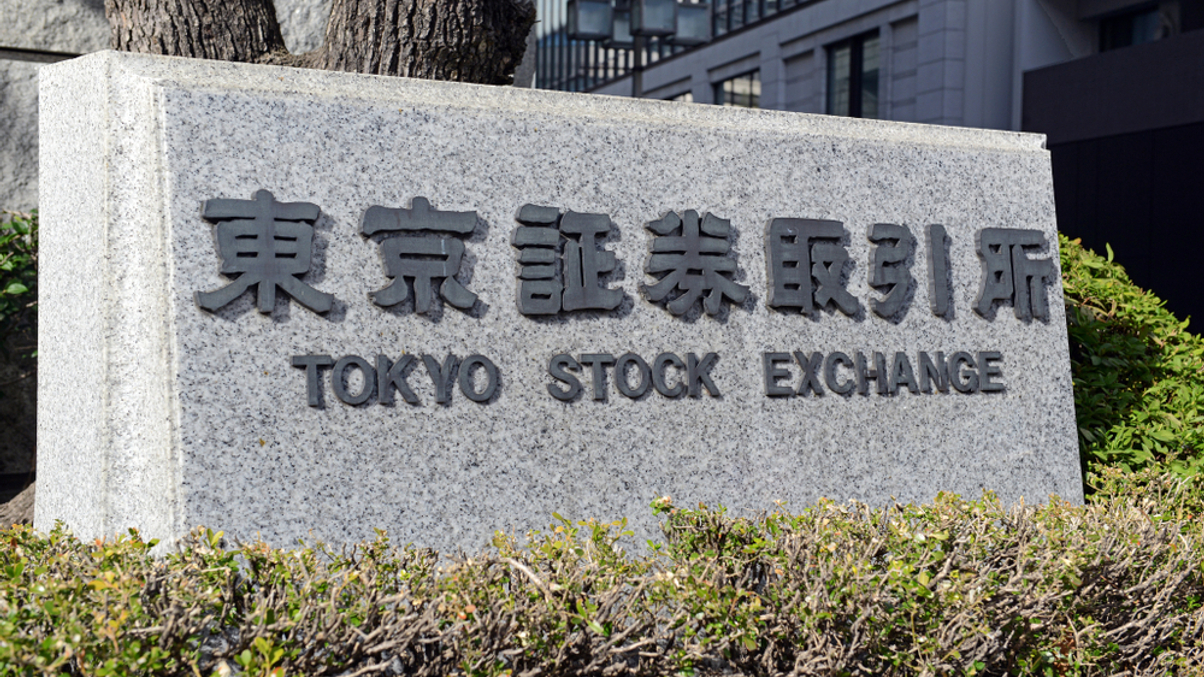Selective opportunities seen in Japanese equities in 2022
Global investors are advised to look selectively at Japanese equities as the country recovers from lockdown and continues to improve corporate governance.

Asian equity markets were ill-favoured in 2021 and Japan was no exception, nevertheless investors have been ready to weigh in again as improved corporate governance contributes to earnings prospects, and the semiconductor industry continues to be in focus.
Sign in to read on!
Registered users get 2 free articles in 30 days.
Subscribers have full unlimited access to AsianInvestor
Not signed up? New users get 2 free articles per month, plus a 7-day unlimited free trial.
¬ Haymarket Media Limited. All rights reserved.


